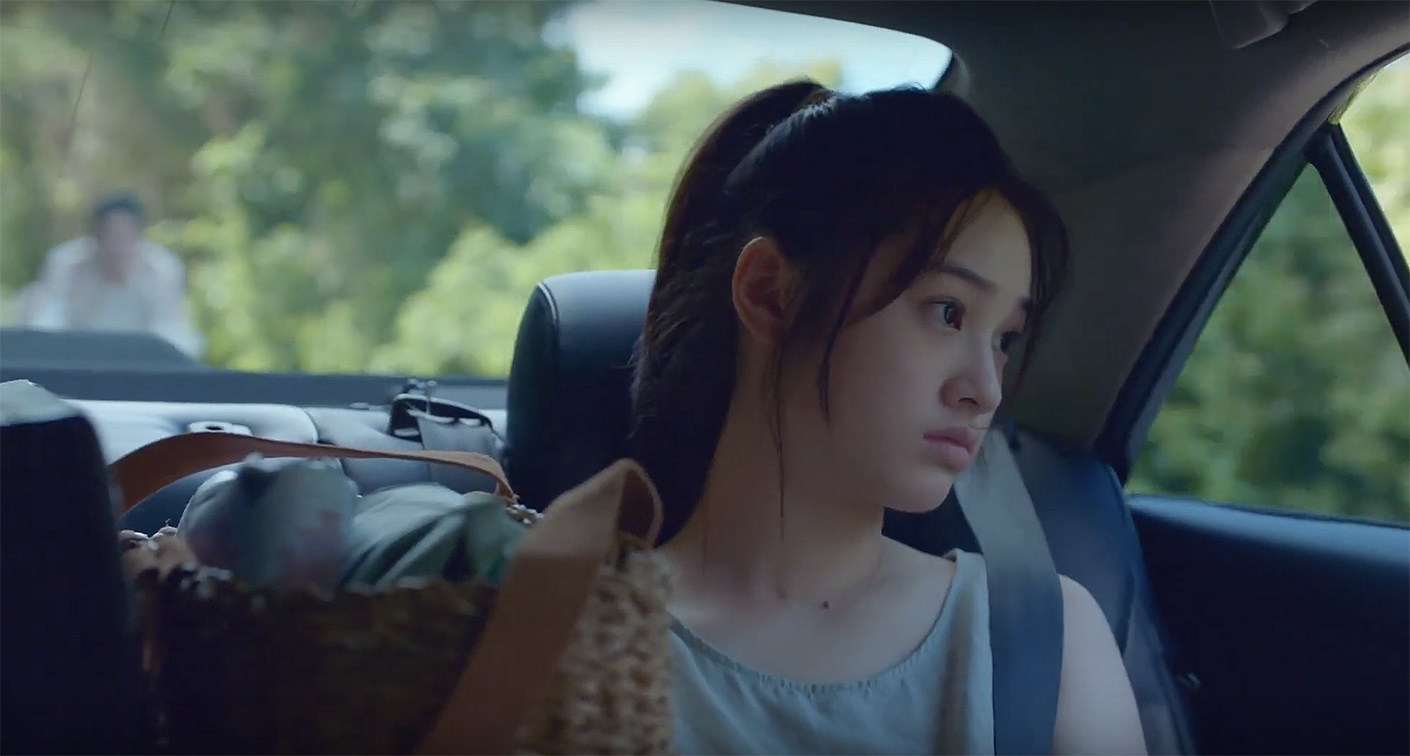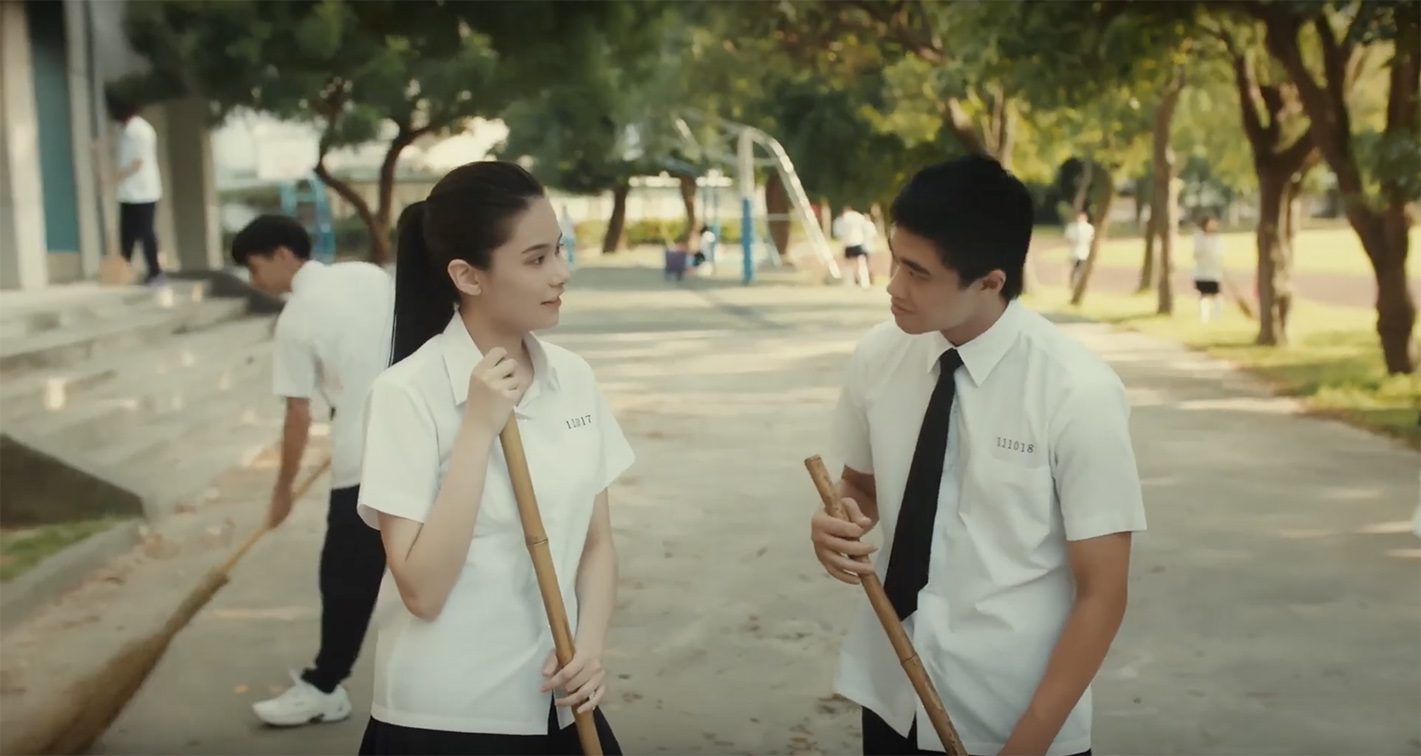How Dentsu Creative Taiwan used empathy to build acceptance for large-scale urban renewal among residents torn between past and future
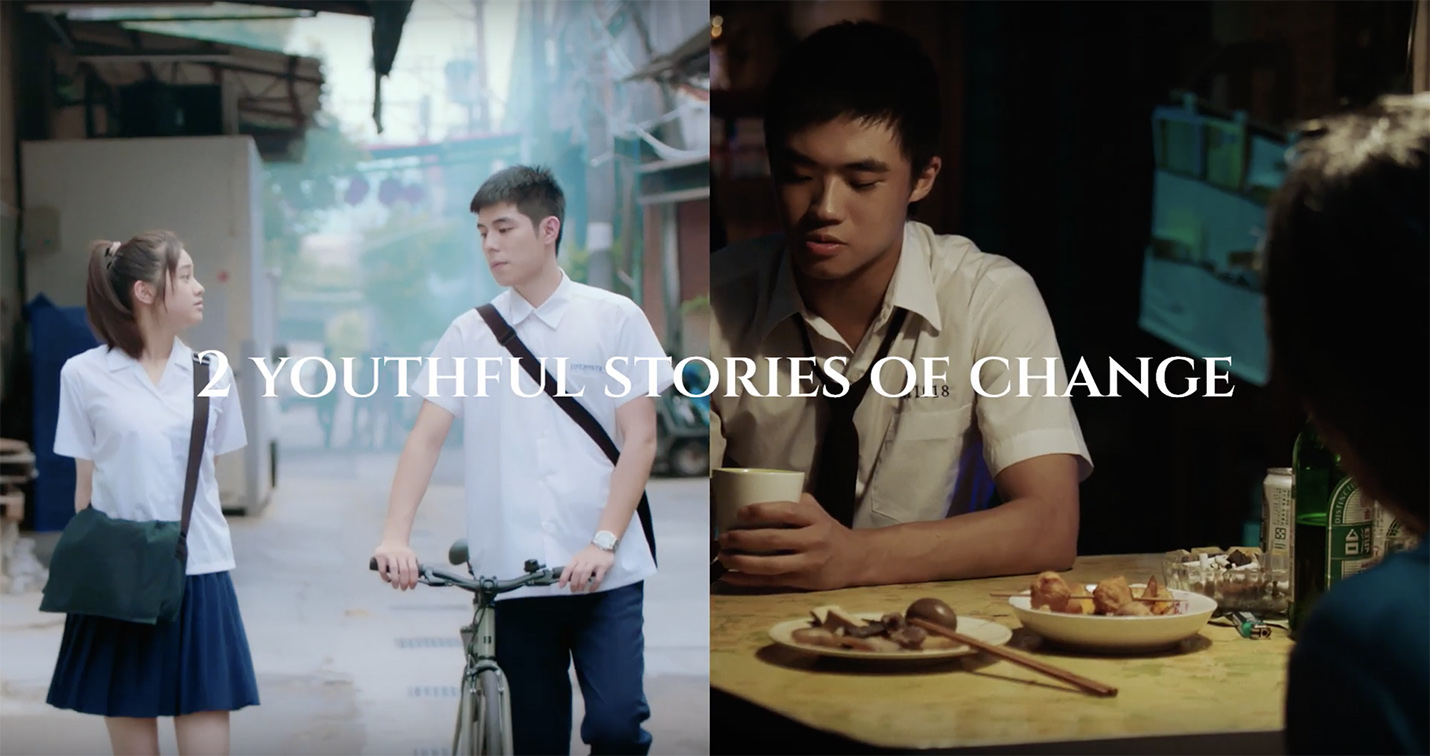
If change is inevitable, how do you let go of the past? Taiwan is a society dominated by public opinion, and each ‘urban renewal’ project on average takes more than 15 years. The New Taipei City Government (NTCG) is implementing two major reconstruction projects – Wenzaizun and Wugu Garbage Mountain. These projects cover a vast area and involve millions of residents who live in old and dilapidated urban spaces. Many residents have been looking forward to the reconstruction for a long time, but when facing relocation, their hearts are still filled with reluctance and doubt. Dentsu Creative Taiwan helped the city progress and reduced the anxiety that accompanies change.
The NTCG enlisted Dentsu Creative Taiwan to help with this conundrum. The agency believed that the biggest challenge of reconstruction is not just the physical rebuilding of the city but the rebuilding of people’s hearts. The situation called for respect and understanding.
With this in mind, the team decided to focus on people’s emotions and tell stories. Interviews with local residents highlighted two attitudes towards change:
Insight 1: Alternating between nostalgia and anticipation.
While residents acknowledge that their living environment needs upgrading, they were reluctant to leave the homes they have lived in for many years. This made them hesitant to move forward. “I have a strong connection with the land,” says one interviewee. “I can’t bear to see this place been torn down,” says another.
Insight 2: Not believing that the reconstruction will succeed.
Based on Taiwan’s patchy track record of reconstruction efforts, many doubted the government’s capacity to realize the proposed changes as promised. This made them unwilling participants in the scheme. “We understand the need for improvement, but we have not succeeded in the past,” explains one observer. Another says of their district: “Wugu is kind of like a wasteland, frankly speaking.”
Based on these two insights, the video incorporates real interviews and dramatizes two youth stories. Dentsu Creative Taiwan invited Golden Award Director Chin-Yen Yee and young, talented actors Huai-Yun Zhan and Chin-Yu Pan to apply dynamic style to evoke people’s inner longing for the future.
Episode 1: Yesterday and Tomorrow.
Childhood sweethearts facing imminent relocation engage in a conversation about yesterday and tomorrow. The boy who longs for the past represents yesterday, while the girl who longs for change represents tomorrow.
The video shows the boy casting his mind back over the years with affection and preserving the various images of poverty and beauty that once existed through hand-drawn pictures. By contrast, the girl longs for change and is eager to experience what the future has to offer.
The quarrel between the two represents the contradiction people face when they confront change. Eventually, the boy who couldn’t let go of the past understands that the girl has not forgotten those precious memories. The past will not disappear, and tomorrow will always be able to carry the memories of yesterday as they move forward into the future.
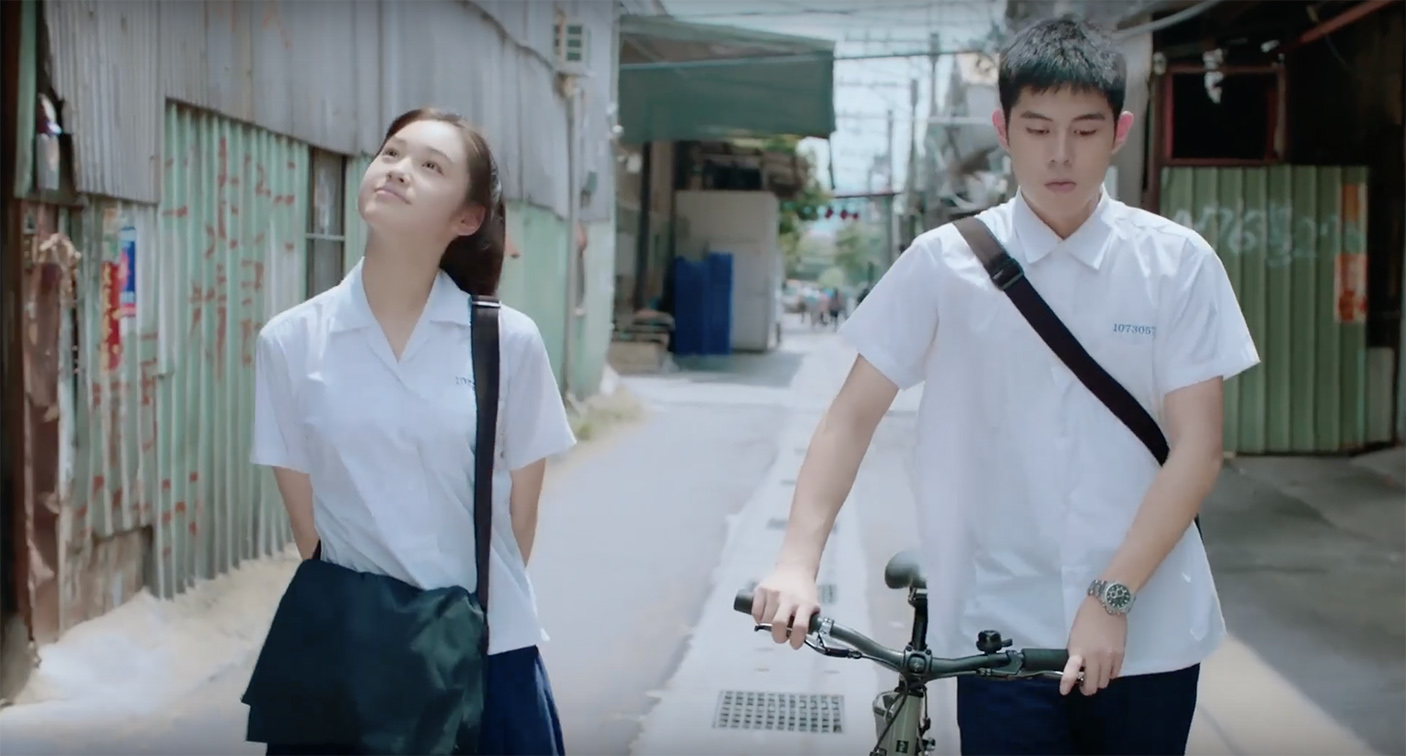
Episode 2: The Beginning of After.
A father and son living in a dark corner of the city. The boy is a gofer who takes orders from others and doesn’t dare pursue the girl he likes. He can only fantasize about her on Facebook. Meanwhile, his troubled father tries to drown his sorrows in drink, imagining that the wife who left him will return. Neither of them can face up to reality or believe that they have the power to change their situation.
It is not until a big fight that the son reveals the unpalatable truth, tearing apart the lies they’ve woven for themselves and making both father and son see their own shame. They finally realize that they cannot go on without making changes.
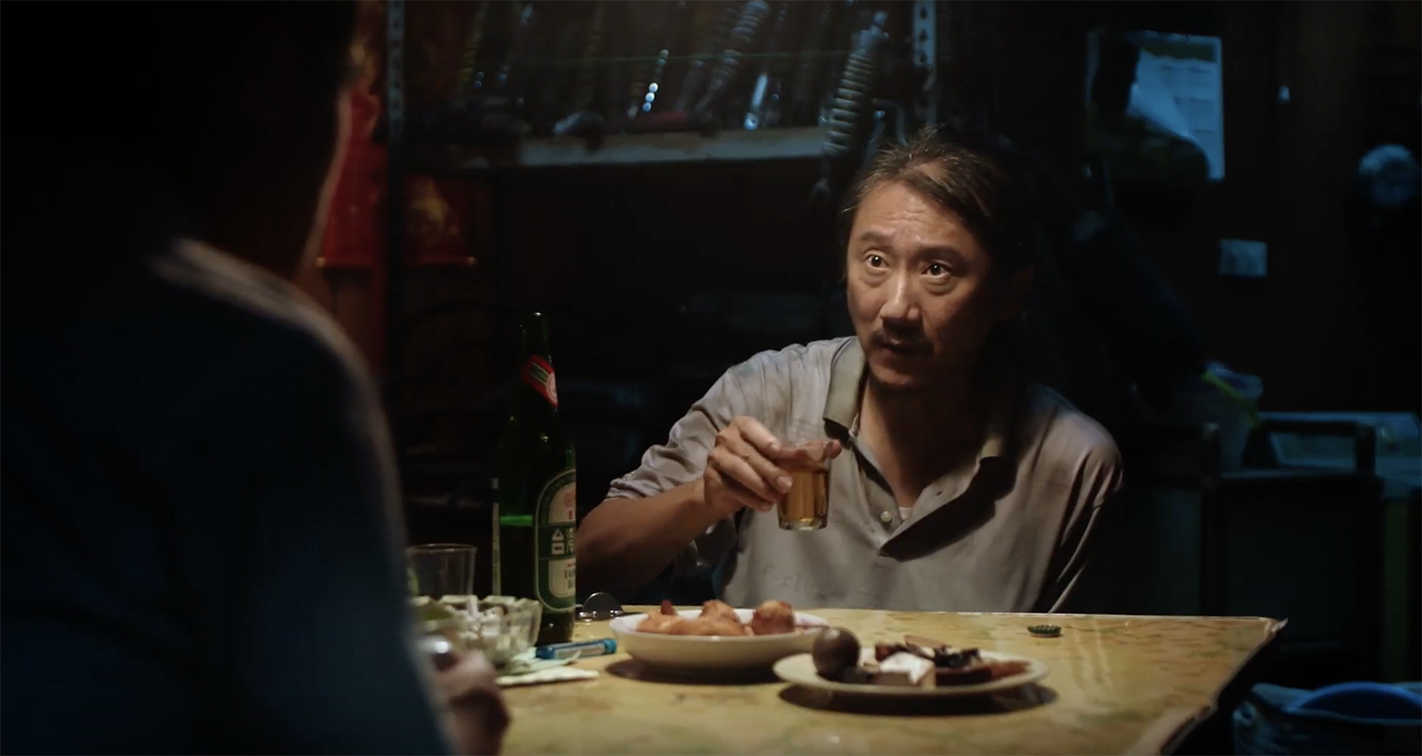
The two videos are nothing like government advertisements. They have a refreshing, youthful poetry with occasional touches of darkness, like realistic fairy tales. Within a week, the two videos drew three million views, 1.2 million likes, and prompted enthusiastic sharing. Positive feedback from viewers had a similar effect on the promotion of the reconstruction issue and enhanced the image of the NTCG.
“People like to talk about change, but how difficult it is to make it happen,” said Alice Chou, Chief Creative officer at Dentsu Creative Taiwan. “First, you must find a space in your heart to store the treasured past. Then with empathy, gently push aside the fear and anxiety, little by little opening up the heart that is willing to move forward. Driving change requires courage, but more importantly, understanding, respect, and love.”
Today, both areas have been successfully renovated. The garbage mountain has become a beautiful green park, and people’s living environment has improved. The New Taipei City Mayor was also re-elected.
